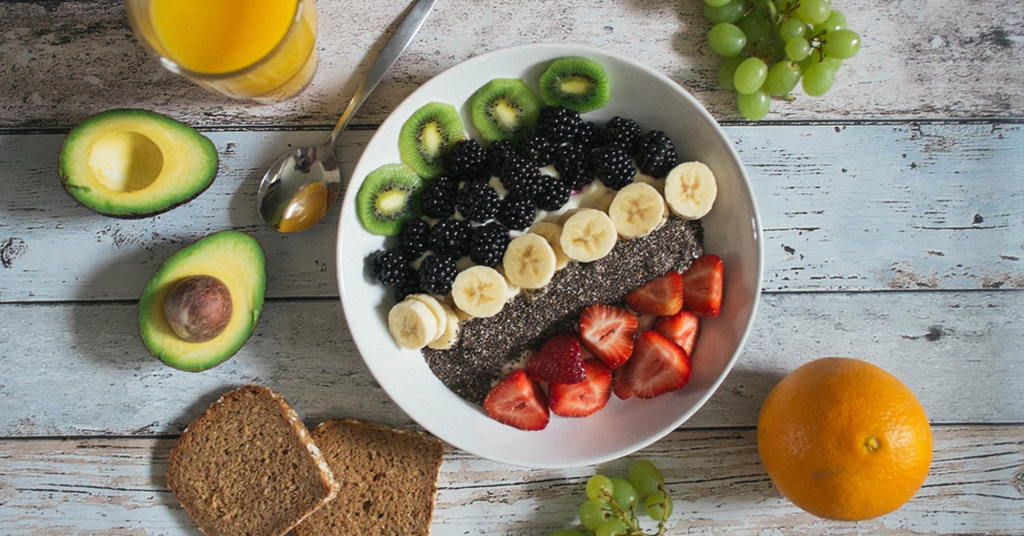Prebiotics and probiotics
Did you know that you have more microbes in your gut than cells in your body? All of those microscopic bacteria, fungi, and yeasts are what make up your microbiome. The number and types of microbes present in your body are as individual as your fingerprint. They play a vital role in creating health or disease throughout the body.
Maintaining a healthy, diverse population of beneficial microbes is the key to a happy gut. Unfortunately, many people today live with microbiomes decimated by toxins, medications, poor food choices, and stress. The microbial population in their GI tract is totally out of balance, creating an environment ripe for pathogens and disease to take hold.
SIBO, GERD, gas, bloating, constipation, and diarrhea are just a few of the issues that can surface when the microbiome is out of balance. Imbalances in gut bacteria can also damage the lining of the intestines, paving the way for leaky gut, food intolerances, and autoimmunity.
The good news is that functional medicine can help you restore balance to your microbiome and your health. One of the keys to this approach is replenishing the beneficial microbes in the gut and feeding them with prebiotic foods. With a reliable food source, friendly bacteria thrive, multiply, and put pathogens “in jail,” so to speak.
Weed and Feed
Disease-promoting microbes eat different foods than beneficial microbes do. This is why changing the foods you eat is so effective in restoring balance to the microbiome. The bad guys in the gut prefer sugars and refined foods. Start the process of weeding them out by removing sugar, flour, and packaged foods from your diet.
The good guys in the gut love the soluble fiber found in vegetables, fruits, and intact grains. They do particularly well when there is plenty of prebiotic fiber.
Some of the best sources of prebiotic fiber include:
- Apples
- Asparagus
- Bananas
- Chicory Root
- Dandelion Greens
- Garlic
- Jerusalem Artichoke
- Jicama
- Leeks
- Oats
- Onions
Reseed
Once you create the right environment and provide optimal food sources, it is much easier to establish a healthy, diverse population of friendly microbes. You can reseed your gut by eating fermented foods and by taking quality probiotics.
Fermented foods provide a wide variety of friendly organisms. Fermented foods are a great way to maintain a balanced microbiome. Start out by including a tablespoon of fermented foods every day and work your way up to a ¼ cup if you tolerate them well.
Good options include:
- Sauerkraut
- Kimchi
- Lacto fermented vegetables
- Kefir
- Yogurt
It is worth noting that certain probiotic strains have been studied and found helpful for several health conditions.
For example, species that support regular bowel movements and digestion include:
- B. breve
- B. longum (digestion of carbs)
- L. acidophilus (digestion of dairy)
- L. casei
- L. rhamnosus
- S. boulardii
Species that reduce inflammation include:
- L. casei
- B. longum
- L. fermentum
Species that reduce anxiety and help manage stress include:
- B. longum
- L. helveticus
- L. rhamnosus
If you suspect that your microbiome is unhealthy, now is the time to restore balance! Our physicians can help you rebuild and maintain a healthy microbiome through the targeted use of prebiotic foods and probiotics. Call today to schedule a consultation!

